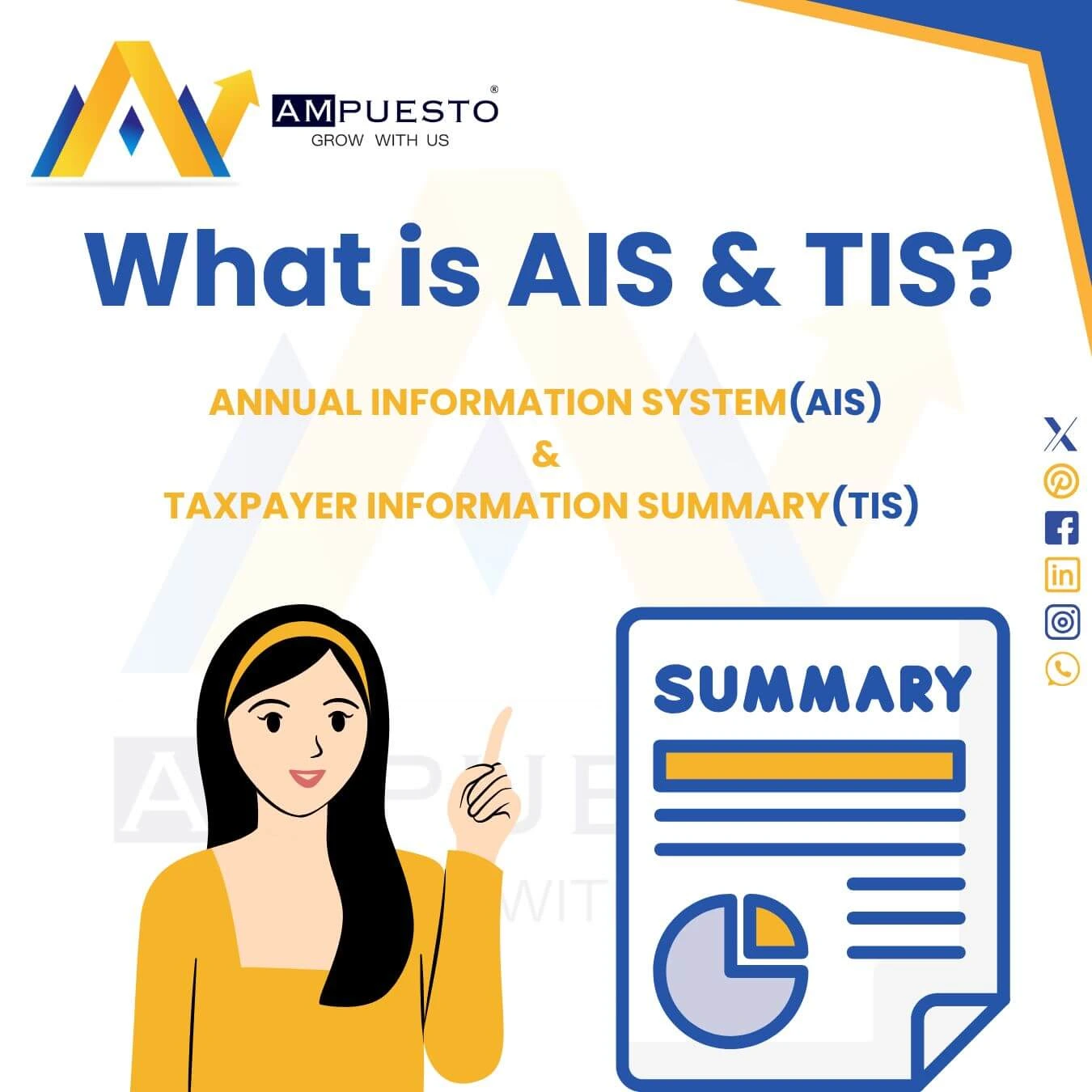
loading...


In the ever-evolving landscape of taxation, staying compliant with the latest regulations is crucial for individuals and businesses alike. One such critical aspect of taxation is the applicability of tax audits and the associated penalties. As we enter Assessment Year (AY) 2024-25, it's essential to understand the rules and consequences related to tax audits. In this comprehensive guide, we will explore tax audit applicability and the penalties that may be imposed for non-compliance.
A tax audit is a systematic examination of a taxpayer's financial records and statements by the Income Tax Department. It is conducted to ensure that the taxpayer has accurately reported their income and paid the appropriate amount of tax. Tax audits help in promoting transparency and reducing tax evasion.
Tax audits are typically applicable to certain categories of taxpayers, including:
Businesses: Any business with a turnover exceeding Rs. 2 crores is liable for a tax audit.
Professionals: Professionals like doctors, lawyers, and consultants with gross receipts over Rs. 50 lakhs may also face tax audits.
Specified Persons: Individuals engaged in specified activities like horse racing, owning racehorses, or those earning income from lottery, gambling, etc., may be subjected to tax audits.
Presumptive Income Scheme: Taxpayers opting for the presumptive income scheme under section 44AD must undergo a tax audit if their total income exceeds the prescribed limit.
Failing to file the tax audit report within the due date can result in penalties. The penalty amount depends on the extent of the delay, but it can be substantial.
Providing inaccurate information during a tax audit can lead to penalties of up to 50% of the tax payable on the under-reported income.
If a taxpayer is found to have concealed income or furnished false information, penalties can be as high as 200% of the tax on the concealed income.
Failure to cooperate with the tax authorities during an audit can lead to penalties. Non-cooperation includes not providing necessary documents or obstructing the audit process.
Apart from the above, there are various other penalties for specific violations, such as underreporting of income from international transactions or not maintaining proper books of accounts.
In conclusion, tax audit applicability and penalties for AY 2024-25 are critical aspects of the Indian taxation system. Taxpayers must be aware of their obligations and ensure compliance to avoid hefty penalties and legal consequences. Staying informed and seeking professional guidance can help individuals and businesses navigate the complexities of tax audits successfully.
AMpuesto is a startup service provider that offers a variety of services to help new businesses, including startup registration, ITR, virtual CFO, PVT Ltd company registration, trademark registration, GST registration, etc. AMpuesto helps new businesses with a variety of legal and financial tasks, allowing them to focus on growing their business.

Introduction Managing taxes efficiently is an ess
Detail Information
Introduction Input Tax Credit (ITC) is one of the
Detail Information
Section 80C of the Income Tax Act is one of the mo
Detail Information
Filing your Income Tax Return (ITR) is an essentia
Detail Information
Introduction Understanding the Annual Information
Detail Information